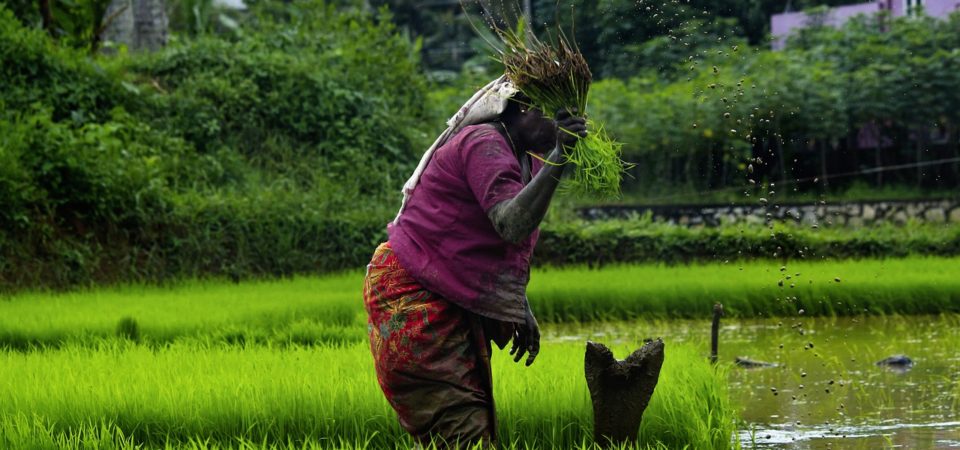The importance of water, a life-growing resource, cannot be over emphasised. India has a low water management score. This is not only making a deep impact on the country’s economic advancement but is also leading to acute shortages of water for agriculture and potable water.
The future looks bleak as demand for water greatly outstrips the supply. It is estimated that demand will outstrip supply by 50 per cent by the year 2030. This would affect agriculture as well as water-intensive businesses such as food processing, drinks, textiles, metals, chemicals, and paper.
Climate change coupled with anthropogenic activities such as encroachment and mismanagement of water resources has resulted in a huge decline in groundwater level in recent decades – so much so that experts predict that the third World War will be fought over water. Impacts of climate change are visible today. Erratic monsoons are leading to water stress, loss of green cover and soil degradation, and disturbing natural resource-based livelihoods.
In peri-urban/rurban areas today, traditional methods for storing rainwater have been continuously shrinking. They once served as a natural source of maintaining and recharging groundwater. Despite having much importance, these water bodies today have fallen into disuse due to the lack of care, poor governance system and illegal encroachment. The storage area of many of these water bodies has been converted into agricultural field while some have been transferred into residential areas.
As a result, physically these water bodies have shrunk in their areas but on paper, they still exist. A large number of these water bodies are facing the issues of heavy siltation, resulting in reduced water-holding capacities. As a result, all the flora and fauna that thrived on these important water bodies are greatly affected; and because of leaching, chemicals and other harmful substances are entering into deep aquifers, entering our food chain.
Water bodies, from old times, have been an important source of water for consumption, production and conservation. From ancient times, water bodies not only served as a source of drinking water but also helped in recharging groundwater. It has been seen that water resources have fallen into decline due to neglect, population rise, poor governance and illegal encroachment, thereby leading to water stress, loss of greencover, and soil degradation.
We need to act now. We need to revive our traditional sources of water conservation like tanks and dried-up rivers. We need to make reservoirs and bundles to help recharge our fast depleting aquifers. We need to educate our masses on water conservation and climate resilience. Only then will we be able to conserve this fast depleting resource.

